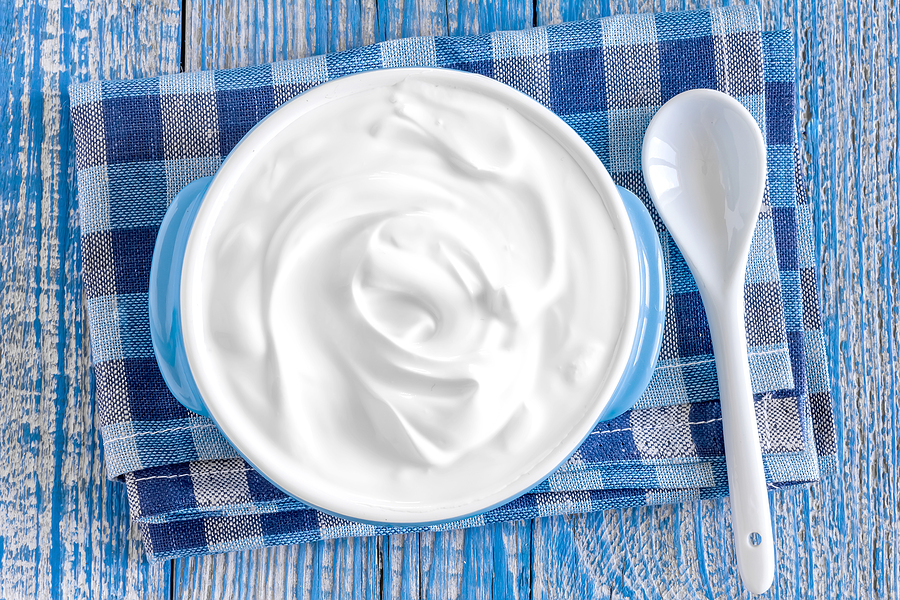Australia’s dietary guidelines recommend we do that to reduce our intake of calories and saturated fat, but recent studies are making a different case.
Dairy hasn’t had the best PR in recent years. Aside from suggestions that it’ll make us fat and raise ‘bad’ cholesterol, it’s lost ground to the plant-based movement, with the help of the media and social media.
For example, a couple of years ago, a lot of outlets grabbed onto a story telling us that by cutting down on red meat and dairy we could live up to a decade longer.
Actually, the research they were reporting claimed that a 20-year-old male could do that if he just ate more grains, legumes and nuts. But even middle-aged folk could extend their lives by six or seven years.
The authors had supposedly come up with a model of the optimal diet for longevity. It was nonsense, of course, and if you dug into it, cutting down on dairy made zero difference, but headlines and stories like that are designed to attract eyeballs, and even when they’re meaningless, they leave an impression on readers.
As I’ve noted often before, in dietary research it’s tough to prove anything. Often the researchers look for relationships — e.g. people who eat or drink more of this typically show more of that — and imply that one caused the other.
That’s fraught though. It’s how we ended up thinking that red wine gives us healthier hearts.
But also, humans are woefully unreliable at reporting what they eat, and we all do more than just eat and drink.
Still, let’s see what’s been coming from studies on dairy, especially the full-fat type.
A German team recently reviewed the research carried out between 2014 and 2024 that investigated possible links between dairy and disease, i.e. whether it might be associated with cardiovascular disease, cancer, obesity, type 2 diabetes, and bone or cognitive health.
What they found was that dairy consumption, regardless of the fat content, had either no impact or was associated with a better outcome for all of those (except bone health where it was too hard to tell because so many studies had looked at calcium rather than dairy).
Moreover, fermented products (yoghurt, kefir, and some cheese) seemed to provide extra benefits because they contain probiotics believed to boost gut health and immune function.
Fermented dairy was associated with a lower risk of cardiovascular disease, bladder, breast and throat cancer, type 2 diabetes and all-cause mortality (dying from any cause).
The findings on cheese were also mainly neutral or positive. They pointed out that though some varieties are high in saturated fat, there was no evidence that cheese increases the risk of heart disease and stroke.
In fact, eating cheese was associated with lower LDL-cholesterol, the marker popularly linked to heart disease risk. This might or might not mean that something in cheese lowers cholesterol. ‘Associated with’ doesn’t mean caused.
Another review published last year by US researchers specifically looked at the effect of high-fat dairy on cardiometabolic health (i.e. cardiovascular disease, obesity, and type 2 diabetes).
They found no evidence that high-fat dairy is harmful, and that, in fact, it seems to be beneficial.
They speculate that this could be because of compounds in milk fat that seem to promote healthy gut bacteria, and help reduce cholesterol and triglycerides, fat in the liver, and inflammation. More research is needed here but it’s interesting. Full-fat products are certainly more nutrient-dense and help to manage blood glucose, which should have a positive flow-on effect.
Disappointingly though, everyone on this team had been funded or employed by dairy organisations, so they probably weren’t going to come up with too many negative findings.
Despite that, the broad flavour of research in this area is that dairy, including full-fat varieties, is either neutral or beneficial where obesity and chronic disease risk is concerned. Which leaves our poor old dietary guidelines a tad out of step with the evidence.
As an aside, a study from Finland published a couple of years ago showed that middle-aged and older Finns who eat more full-fat dairy are less likely to be depressed. Since the Finns are supposedly the happiest lot on the planet, maybe it’s because of all the full-fat dairy. Just joking.
Over at the Heart Foundation, they’re having an each-way bet. They acknowledge that full-fat dairy doesn’t seem to be heart disease material after all, but recommend that if you have risk factors for heart disease, stick to reduced-fat products.
For all the positive dairy vibes showing up in studies, there are a couple of riders worth adding.
One is that there’s good quality dairy and rubbish dairy out there. There’s nothing healthy about commercial ice cream, condensed milk, flavoured and sweetened yoghurts and the like. So look for quality.
And two, dairy’s not for everyone, and that’s OK.
If lactose is your concern though, do your homework, because there are plenty of products that are low in lactose.
If you do decide to exclude some or all dairy, make the most informed decision that you can. While it’s popular at the moment to switch to plant-based milks and other dairy substitutes, remember that at the very least dairy is a good source of protein and calcium, and a lot of older women fall short on those.
So be sure you’re getting them from other sources.
Photo Source: Bigstock

